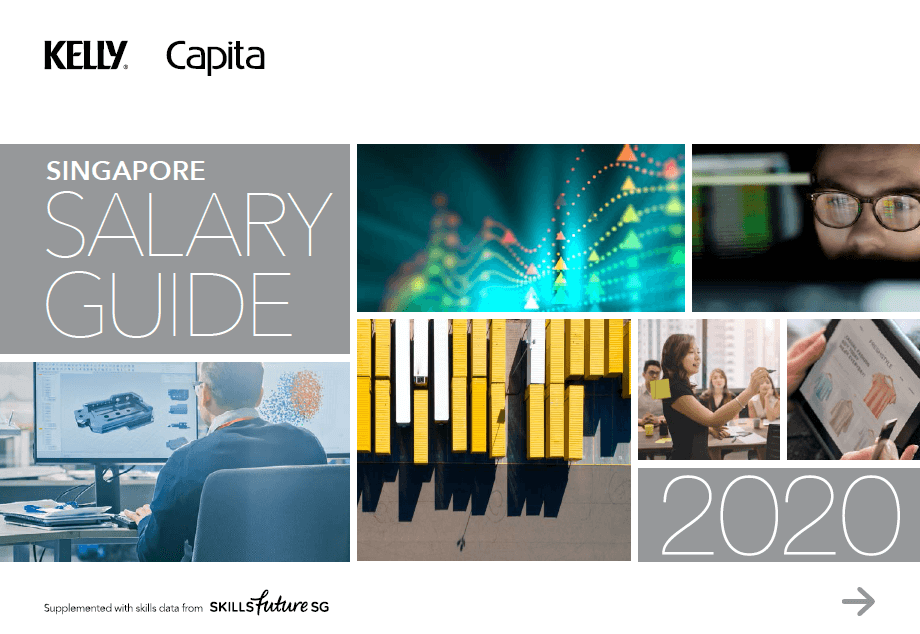
Photo Credit: Kelly Services, Singapore
The far-reaching and profound social and economic impact of COVID-19 has fundamentally reshaped the Singapore economy. While it is still uncertain what these changes will look like, it is likely that the future economy will be characterised by digital transformation across industries and the continued development of certain key sectors, such as biomedical manufacturing and information technology (“IT”), on the back of increased demand for medical goods and digital solutions. In addition, the resilient finance sector is expected to remain steady, with banking and insurance.
“The continued development of the biomedical, IT and finance sectors will need to be supported by a skilled workforce that is well-equipped with the important skills needed to meet the demands of Singapore’s future economy. Upskilling and reskilling are therefore more important than ever in helping organisations and employees keep up with the changes as well as be prepared for the future,” Foo said.
The Government's topmost priority amid the Covid-19 pandemic, has been on saving jobs. In the past few months, the Government has rolled out a slew of support measures to help jobseekers in these unprecedented times and continued support will be provided to three groups – fresh graduates from tertiary institutions, retrenched and mid-career workers. To this end, the new National Jobs Council was formed as part of the Fortitude Budget to grow jobs and training opportunities in Singapore. The SGUnited Jobs and Skills package expects to match close to 100,000 job seekers to new job opportunities, traineeships and skills training over the next 12 months.
Singapore’s changing demographic has seen a steady increase in the nation’s healthcare expenditure through the years – tripling from 2010 to 2019. With COVID-19, there is an increased demand for healthcare professionals. Furthermore, Singapore has set aside S$800 million in the Unity Budget towards saving lives amid the COVID-19 pandemic.
There has also been significant innovation in the healthcare industry, driven by automation and technology like artificial intelligence.
While the structural changes to Singapore’s economy, as a result of COVID19, is likely to weigh on the labour market for the rest of year, the transition into a new economy could uncover new recruitment bright spots, according to the Kelly Services 2020 Singapore Salary Guide.




